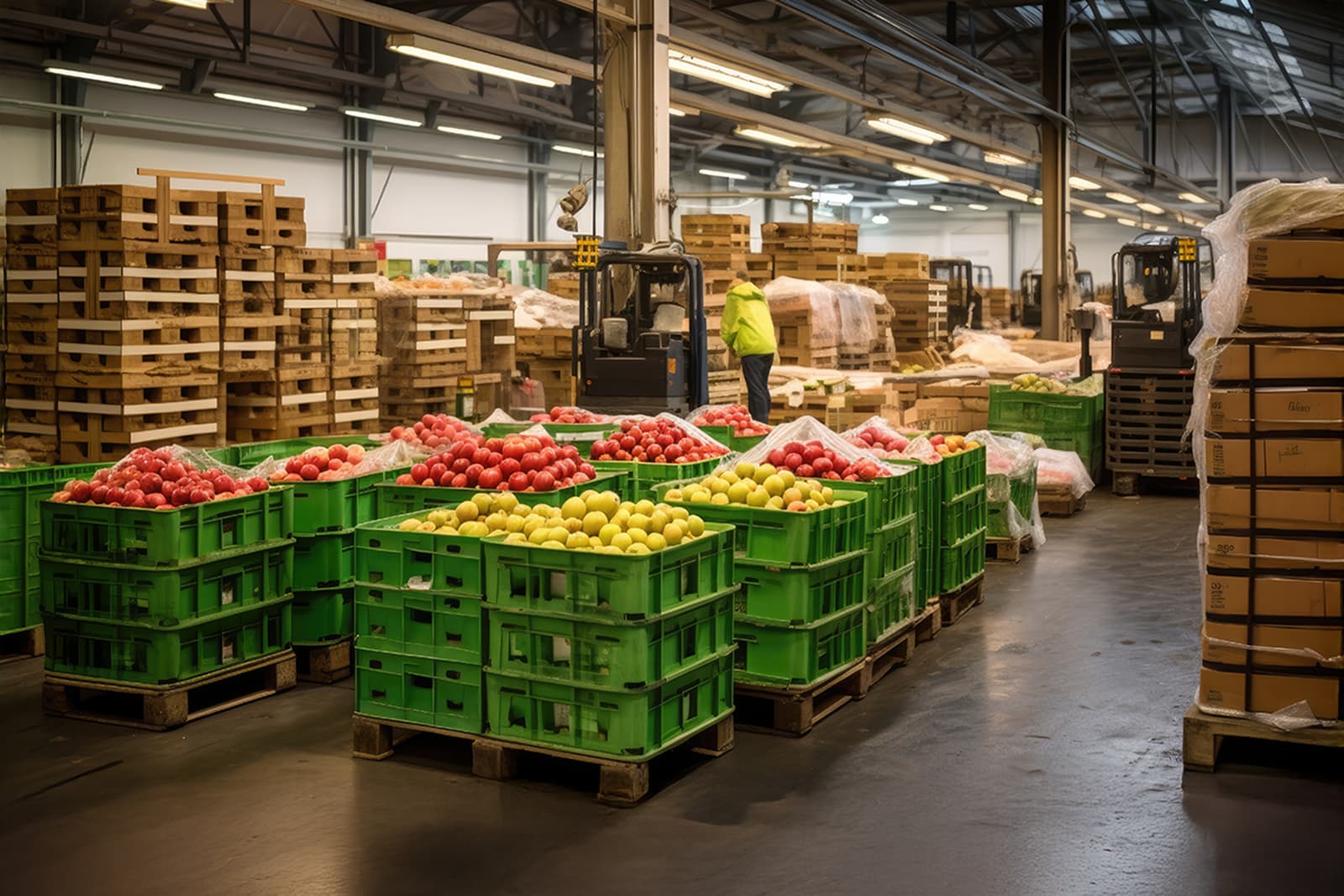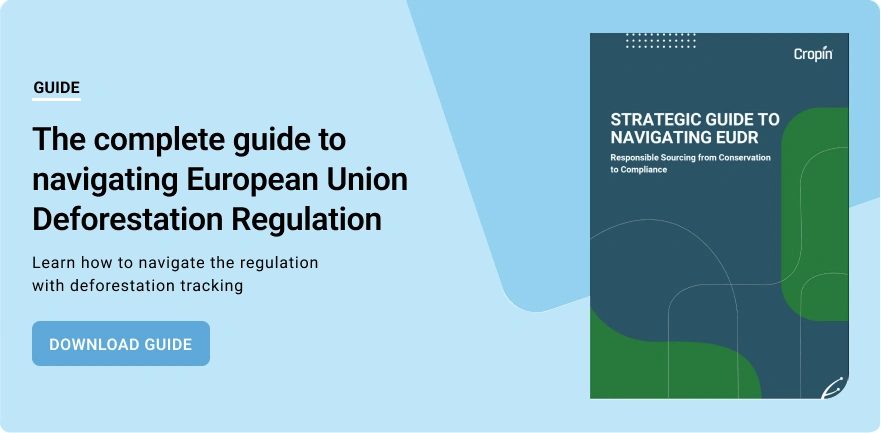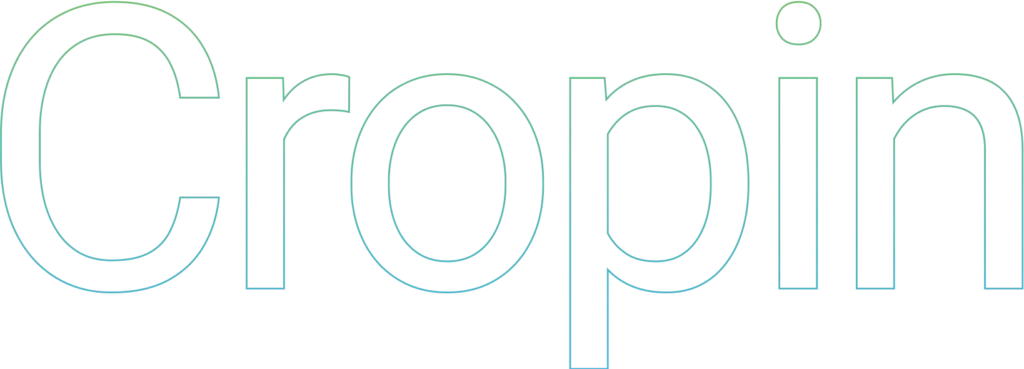For decades, feeding the world has been a precarious balancing act. The soaring 20th-century population fueled a demand for food that intensified in the 21st century with the wrath of climate change. While farmers and agri-businesses have boosted per capita calories, global agri-food systems have contributed to one-third of greenhouse gas emissions.
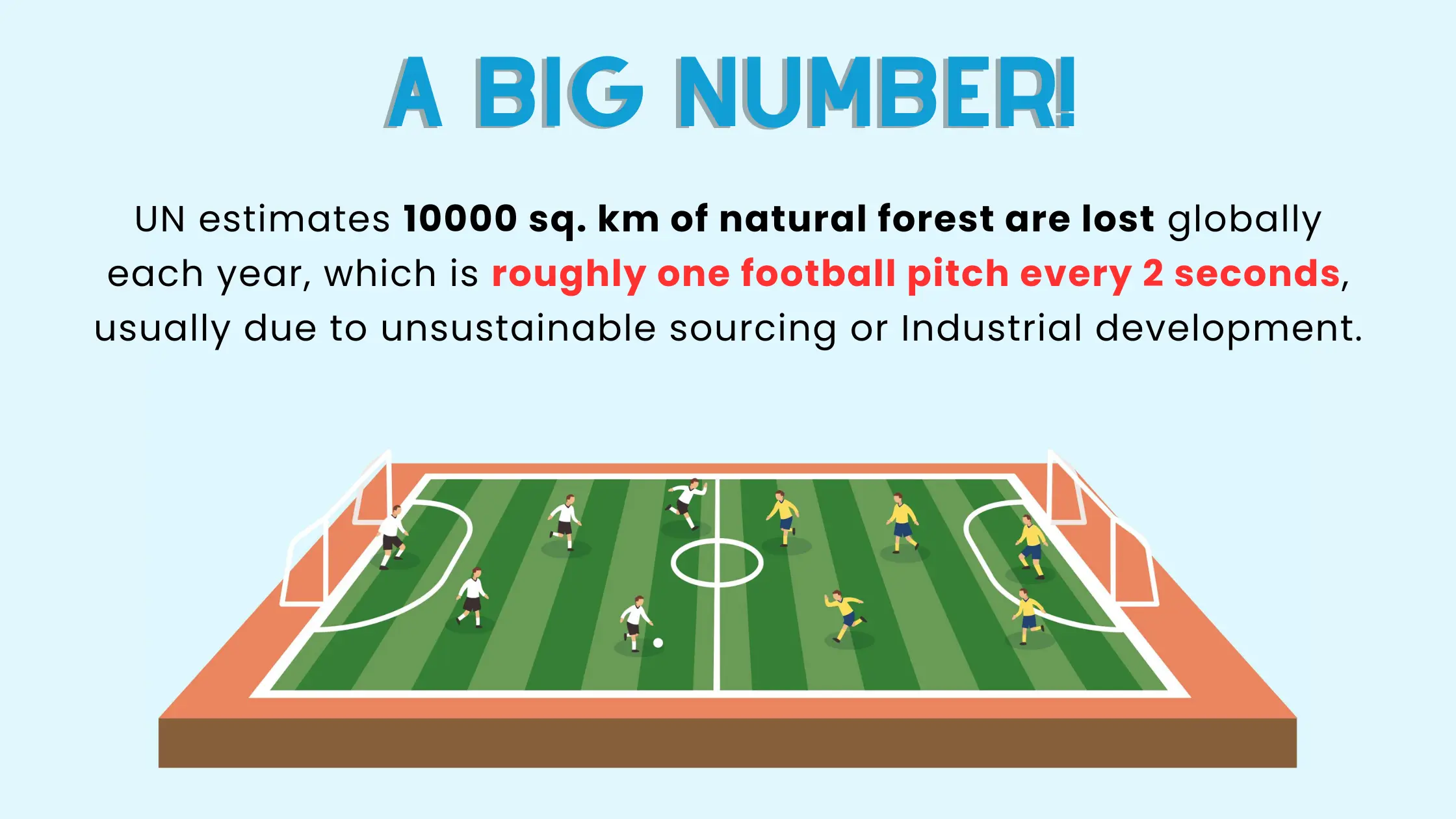
What is responsible sourcing
Why do we need responsible sourcing measures?
Environmental impact:
Labor practices:
Pollution:
Climate change resilience:
Climate change poses a threat to agriculture through unpredictable weather patterns, increased temperatures, and extreme events. Promoting climate-smart agricultural practices to enhance resilience is the key.
Biodiversity conservation:
Challenges in agriculture sourcing
- Investing in last mile digitization, traceability technologies and information systems.
- Developing responsible sourcing standards and certifications.
- Promoting fair trade practices and fair pricing for farmers.
- Implementing and monitoring sustainable agricultural practices to minimize deforestation and environmental impact.
- Raising consumer awareness and demand for responsibly sourced products.
- Improving infrastructure and market access for smallholder farmers by solving the information asymmetry that is a barrier.
How does responsible sourcing work?
Pillars of responsible sourcing
Prevention – cultivating a culture of integrity: Responsible sourcing begins with proactive measures to address potential pitfalls. Businesses implement clear, well-defined practices, foster close supplier relationships, and actively promote a culture of integrity across their value chains.
Detection – ensuring transparency, active monitoring: Transparency is the cornerstone of an effective detection system. Responsible sourcing involves establishing a clear framework for data-driven decision-making. Potential risks can be identified and addressed swiftly by digitizing, monitoring, and utilizing available data. This proactive approach ensures early detection and minimizes the potential for harm.
Response – swift and effective risk mitigation: Responding promptly and effectively to potential violations is critical to responsible sourcing. Robust policies and readily available tools ensure thorough investigations and swift corrective action whenever necessary. This decisive approach demonstrates a commitment to accountability and reinforces the integrity of the entire supply chain.
Tenets of responsible sourcing
Transparent & measurable compliance: Credibility lies in clarity. Responsible sourcing demands demonstrable data points on procurement adhering to transparent, readily measurable criteria aligned with internationally recognized best practices. This unwavering commitment to clarity extends beyond mere declarations – it manifests in the seamless exchange of data at every critical touchpoint, where crops change hands and journeys converge. Only then can true accountability and trust be woven into the fabric of global supply chains.
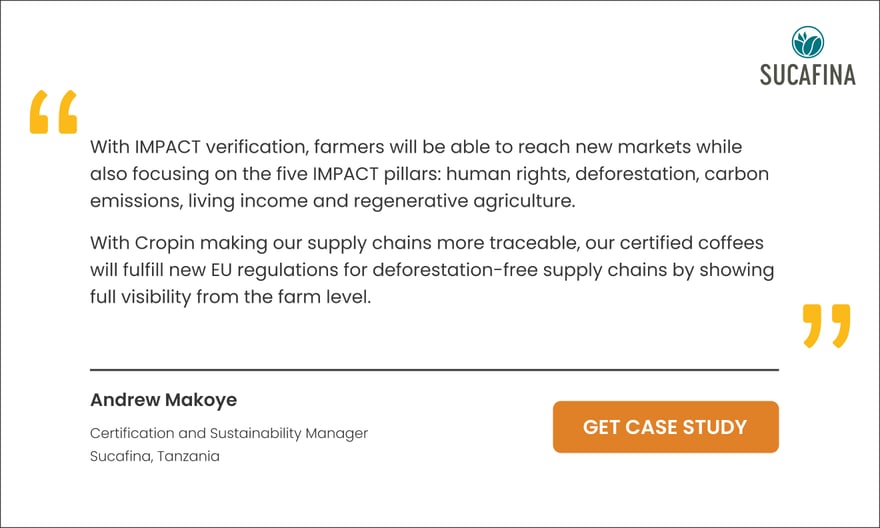
Assurance mechanism: Validating Trust/ Building trust requires evidence. Responsible sourcing relies on a multifaceted approach to data assurance, integrating supplier assessments, document verification, and even field audits. At the forefront of this lies agri-intelligence powered by AI and ML models. These models analyze data from diverse sources, such as satellite imagery, weather patterns, and sensor networks, to provide near real-time insights and automated anomaly detection. It empowers responsible sourcing to further validate information through satellite imagery and timestamped near real-time data for accurate monitoring, solidifying trust, and minimizing potential discrepancies. This synergy of human intervention with AI-driven intelligence guarantees data integrity, ensuring responsible sourcing translates into tangible action.
Benefits of responsible sourcing?
- Reduced environmental impact: Responsible sourcing fights climate change by minimizing deforestation and pollution by promoting sustainable farming, soil conservation, and efficient resource management.
- Increased supply-chain traceability: A clear end-to-end traceability empowers consumers to choose ethically sourced products and holds producers accountable for responsible practices.
- Protected forests: By reducing deforestation and illegal logging, responsible sourcing safeguards biodiversity, regulates climate, and protects precious ecosystems for future generations.
- Enhanced brand reputation: Commitment to ethical practices and sustainability through responsible sourcing builds consumer trust and loyalty, giving brands a competitive edge.
- Certified transparency: Responsible sourcing champions clear and verifiable sustainability standards, providing assurance to regulators and customers and driving continuous improvement within the industry.
Regulations and initiatives driving responsible sourcing
Regional regulations addressing responsible sourcing and sustainability
-
European union deforestation regulation (EUDR) in europe:
Taking a bold groundbreaking step, the EU Deforestation Regulation (EUDR), effective December 2024, prohibits companies from placing deforestation-linked commodities on the EU market. This ambitious regulation is a precedent for responsible sourcing of products that risk deforestation, setting a high bar for efforts worldwide. -
Tackling forced labor and environmental concerns in united states:
The Forced Labor Order and Uyghur Forced Labor Prevention Act targets unethical practices within supply chains. It addresses the critical issue of forced labor, particularly in imports, demonstrating a commitment to ethical sourcing practices. Additionally, individual states actively pass legislation on conflict minerals, deforestation, and sustainable palm oil, showcasing a diverse and proactive approach. -
Modern slavery acts in canada and australia:
Canada’s Modern Slavery Act requires companies to report their efforts in combating modern slavery within their supply chains. This fosters transparency and accountability for businesses operating in Canada. Australia’s Modern Slavery Act mandates companies to report on modern slavery risks and mitigation strategies. It highlights the growing focus on ethical sourcing. -
Green certification system in china:
Green Supply Chain Management Certification System incentivizes responsible sourcing practices in China by awarding certifications to companies that meet environmental and social criteria. This market-driven approach promotes responsible sourcing within the Chinese market.
Global actions addressing responsible sourcing and sustainability
-
Multilateral agreements:
UN Strategic Plan for Forests, UN Framework Convention on Climate Change and the Paris Agreement, The Convention on Biological Diversity and its Post-2020 Global Biodiversity Framework are some of the multilateral agreements tackling broader environmental challenges with implications for responsible sourcing. They provide robust frameworks for countries and businesses to align their practices with sustainable development goals. -
UN guiding principles on business and human rights:
Offering a practical roadmap for companies, these principles lay a foundation for respecting human rights throughout operations and supply chains. -
International labour organization (ILO) work in forced labour:
The ILO plays a crucial role in setting international standards on forced labor and supporting compliance efforts, empowering businesses to uphold ethical practices. -
Global forest watch partnership:
This initiative empowers responsible sourcing through accurate data and tools for monitoring deforestation and promoting sustainable forest management.

